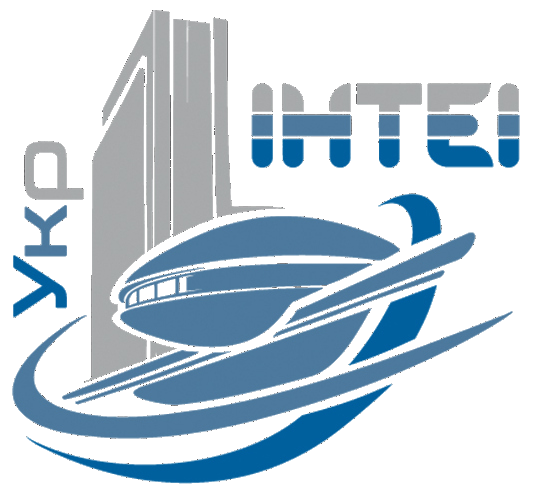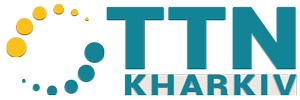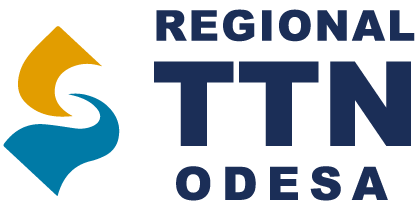Inflate the bubble and disappear. The biggest failures and scandals of Ukrainian startups
According to statistics, only 10% of startups achieve success. Investing in startups is always a risk. Buying a stake in a company can pay off tenfold, or it can be a loss of money. The success of a startup is not guaranteed by getting into a well-known accelerator, or a team with well-known programmers. Recently it became known about another entrepreneurial scandal – a startup from Odessa attracted $ 5 million of investments, changed the profile of the company several times, eventually launched nothing and disappeared with investor money.
Liga.Tech collected stories about startups, which at one time blew up the information space, and then disappeared without a trace.
Luciding

What kind of product: LucidCatcher – a headband with which you can “program” dreams.
What they did: The Luciding team has been working on a portable dream gadget since 2014. About LucidCatcher wrote Ukrainian and international media. Startup reached the finals of international competitions.
In 2014, Luciding received $ 15,000 from the WannaBiz incubator. In total, the project received more than $ 120,000 from accelerators and private investors, of which $ 65,000 from Sikorsky Challenge investors.
In 2017, a startup launched a Kickstarter campaign and raised $ 87,000 in 33 days. They promised to deliver the device in 2018. When this never happened, many backers threatened to sue the company, accusing them of fraud.
What is now: The project website is not available, the pages in social networks have not been updated since 2017. According to one of the founders of startup Mikhail Skrichevsky, the project was closed three years ago. His Luciding business partners Nikita Antonov and Marina Vermishyan tricked not only investors and backers with Kickstarter, but also the project team.
PassivDom

What kind of product: The house, assembled through a large-assembly, which has all the necessary equipment and furniture for life.
What they did: Startup PassivDom was founded in 2016 by entrepreneur Maxim Herbut, who had been involved in construction for 15 years. In 2017, Herbut decided to aim for the American market and moved the company’s central office to Nevada. R&D companies stayed in Kyiv.
The company attracted investments from Ukrainian and American investors. The exact amount was not announced, Crunchbase estimates them at more than $ 1 million. Herbut claims to have invested $ 1.5 million in personal funds in the project.
Almost immediately, conflicts began in the development team. Former employees accused Maxim Herbut of salary delays that reached $ 7,000, as well as a lack of vision for the company.
What is now: The company acts as a defendant in the Desnyanskiy court of Kyiv on charges of illegal dismissal. In California, one of the investors expects a lawsuit against Maxim and Julia Herbut in a fraud case.
In October 2019, Herbut rebranded. Now his company is called Haus.me.
Titanovo

What kind of product: Telomeric test to determine human health.
What they did: The startup was founded by chemist Alexander Savsunenko. In 2014, he moved to New York. During a visit to Ukraine, he met a team of scientists and learned about telomeres. These are sections of chromosomes that serve as DNA protection. By measuring them, you can assess the state of human health. Savsunenko assembled a team and became a co-founder of the Titanovo project.
The business of the company went uphill – the number of customers grew, sales reached million dollars. The proceeds were invested in business development.
The startup managed to raise $ 40,000 on the Indiegogo and Kickstarter platforms. Also, the creators of the project several times negotiated with investors, but they were unsuccessful.
What is now: The development of the company was stopped by a lawsuit – an influential competitor bought the patent for telomere measurement technology. Titanovo hired lawyers and spent all their money on their consultation. The company was forced to cease operations in 2017.
Ecoisme

What kind of product: Smart system that monitors energy consumption in the house in real-time.
What they did: Ecoisme startup was founded in 2014 by Kyiv citizen Ivan Pasechnik and his two friends. The startup received strong media support – Forbes, Voice of America, TechCrunch and the BBC wrote about it, Pasechnik himself fell into the Forbes European rating “30 Under 30”.
From the beginning, Ecoisme was created in Kyiv. After attracting investment, the team moved to Krakow. Here they registered a company and began to forge ties with European investors.
To develop a startup, the team launched fundraising on Indiegogo (raised $ 63,000), received investments from the Polish incubator Hubraum (Deutsche Telekom project, raised € 80,000), InnoEnergy (€ 200,000) and put up for sale shares on the Syndicate Room (£ 10 for share).
What is now: Investing and supporting business angels did not help the startup become successful. Due to the lack of device sales, investors refused to invest in product development. Several attempts to sell the company were unsuccessful. In June 2019, startup founder Ivan Pasechnik declared bankruptcy.
In November 2019, Pasechnik led the R&D department of Kyivstar mobile operator.
Treasurer

What kind of product: Cloud payment system. The potential competitor to Portmone and LiqPay.
What they did: In 2014, Andriy Golovchenko came to the WannaBiz accelerator with the idea of the Treasurer startup. The e-commerce market was growing, the deal seemed profitable to investors, and Andrei himself had previously worked in a bank and his expertise seemed obvious.
The idea of a payment system interested the founder of the accelerator Olexandr Bornyakov. He decided to invest $ 60,000 in the Treasurer, another $ 20,000 was provided by other WannaBiz members. Together they received about 20% of the startup.
The growth of the company was restrained by hostilities in the country. Nevertheless, the startup managed to connect several large clients – the Bond taxi service, the Omega Pay service, the Internet provider Web and others.
What is now: In 2018, Andriy Golovchenko transferred the Treasurer code to the new Asset payments company, where none of the investors have a share. Olexandr Bornyakov is preparing lawsuits against Andriy Golovchenko and claims against partner banks of his new business so that they disconnect his services from processing.
Sixa

What kind of product: Cloud supercomputer, virtual reality helmet and blockchain.
What they did: Odesa company Sixa announced in 2015 the idea of a cloud computer that will allow users to run resource-intensive programs on weak equipment.
Two years later, the company introduced a new product – the Rivvr wireless VR helmet. A year later, Sixa announced the development of its own blockchain. In 2018, Sixa worked on three products: a cloud-based supercomputer in beta, a helmet on pre-order, and a blockchain in development.
The company managed to attract more than $ 4 million of investments from Ukraine, Russia and Silicon Valley. The company invested 9 funds and at least 4 angels. Among the largest investors are Tandem ($ 3.5 million), u.ventures ($ 500,000), Digital Future ($ 400,000), TMT ($ 300,000). All funding went to the personal bitcoin wallet of Sixa founder Mykola Minchenko.
What is now: Minchenko deleted his Facebook account and part of the data from LinkedIn, does not answer calls and messages. However, Sixa did not declare bankruptcy. In the Crunchbase database, a startup is listed as active. There is no public mention that its founder is suspected of fraud. $ 5 million lawsuits filed against the company.
Source: tech.liga.net










